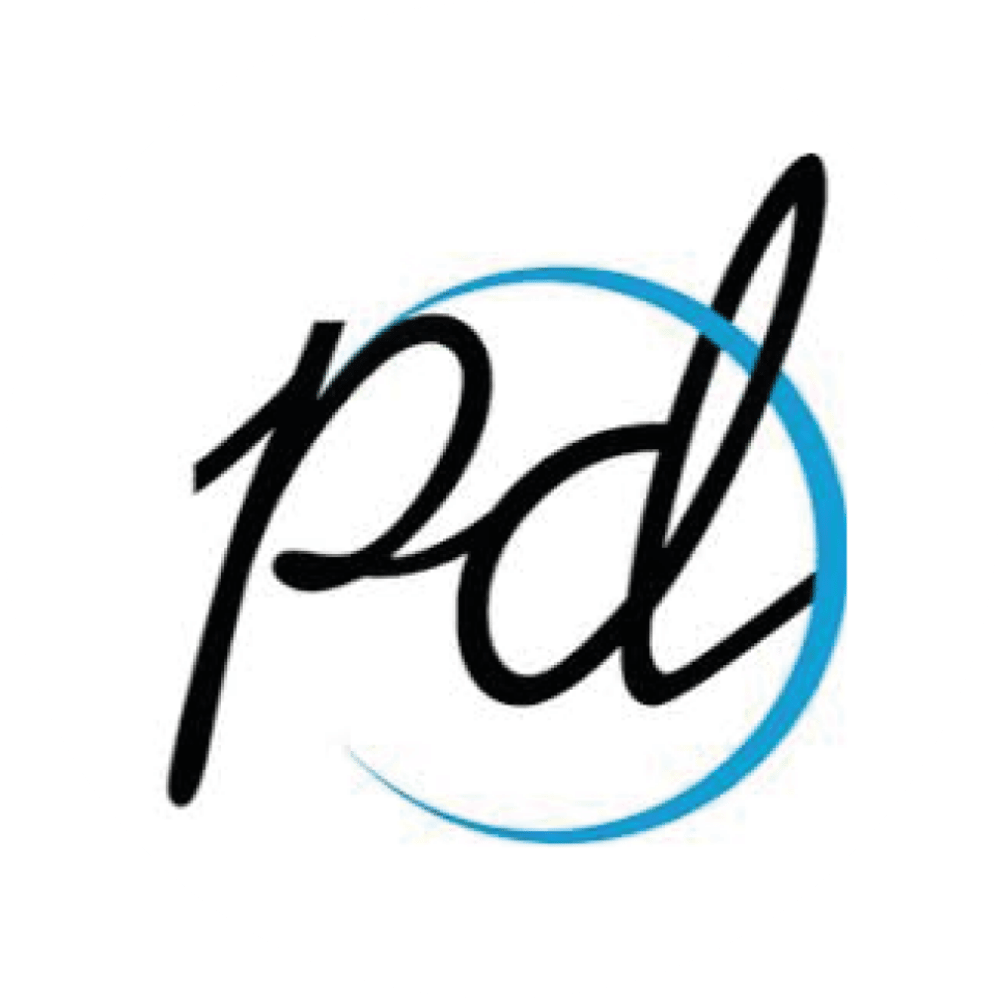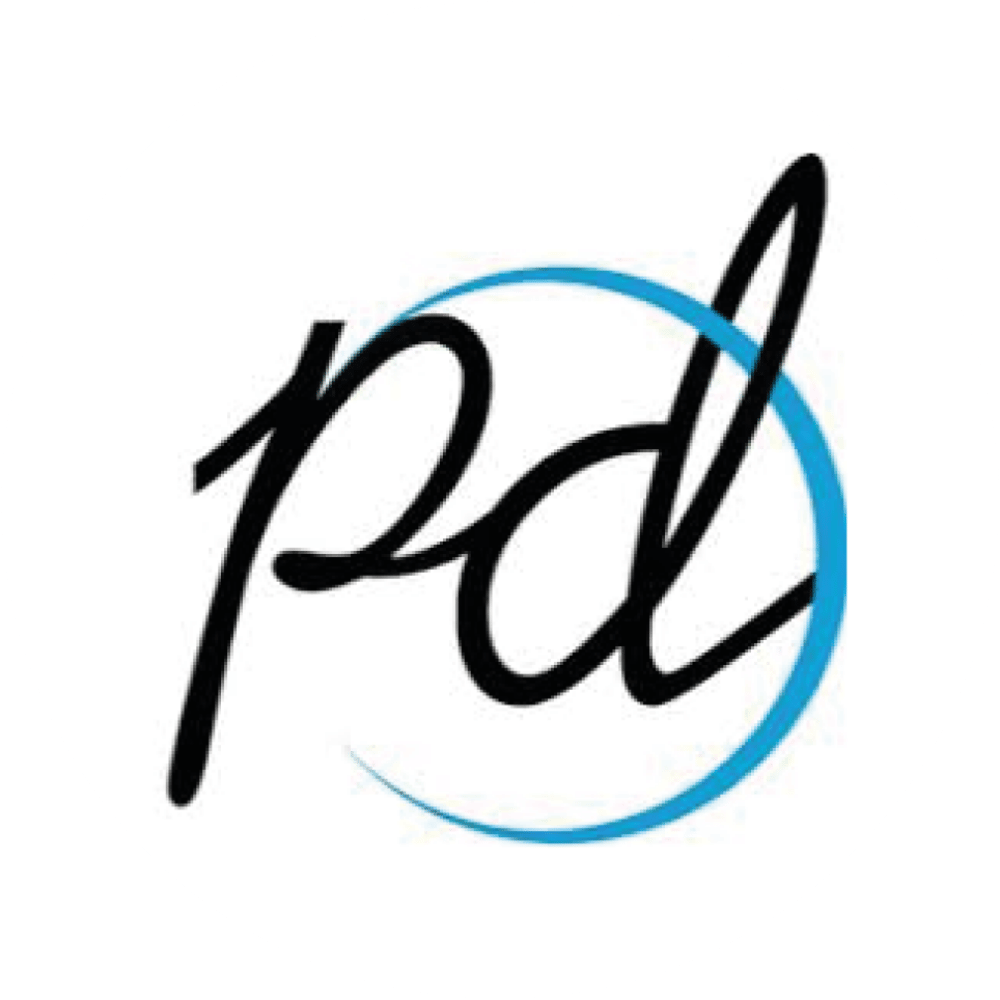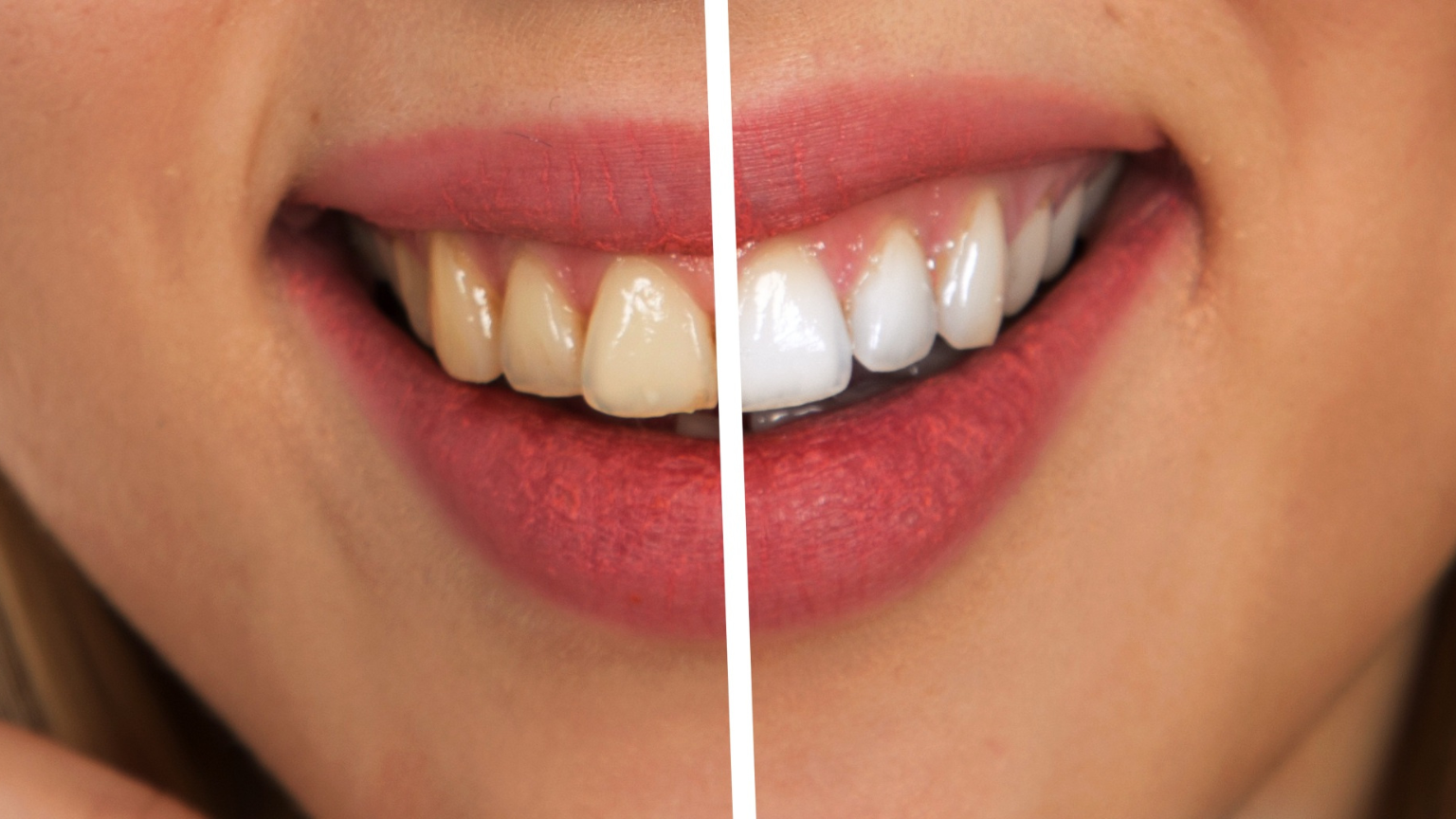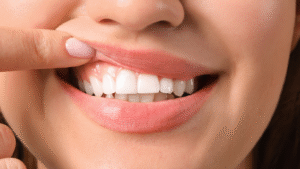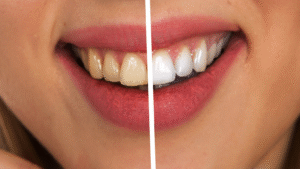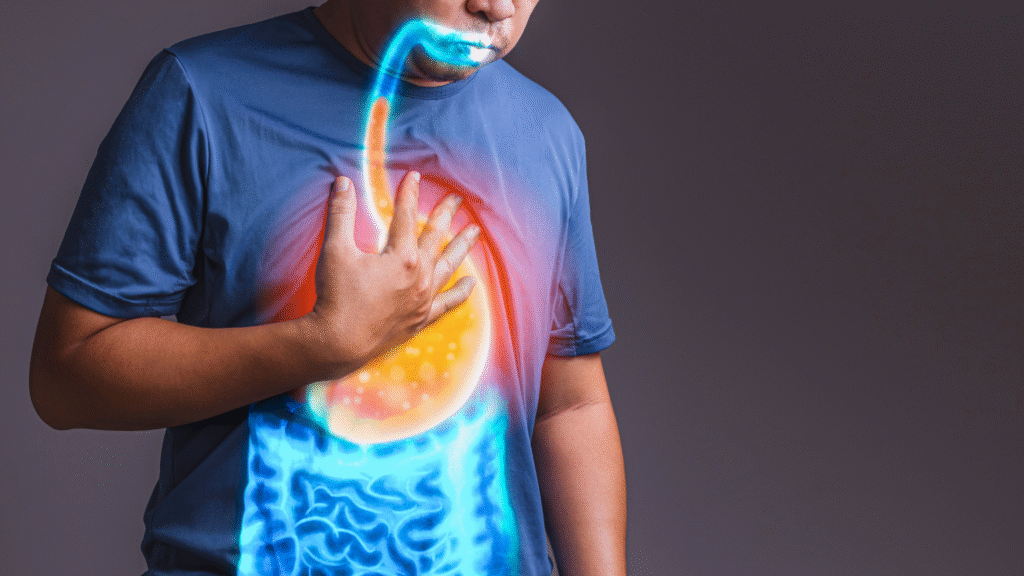In this article, we’ll explain what plaque is, why it’s so important to control it, and how you can protect your smile from its effects. To schedule an appointment or a professional cleaning, call us at (801) 785-8000.
What Is Dental Plaque and Why Is It Dangerous?
Dental plaque is a sticky, film-like substance made of bacteria that forms constantly on the surface of your teeth and along the gum line. It feeds on sugars from food and drinks, producing acids that attack your tooth enamel.
If not removed with proper brushing and flossing, this plaque can harden and turn into tartar, a much tougher substance that can only be removed by a professional.
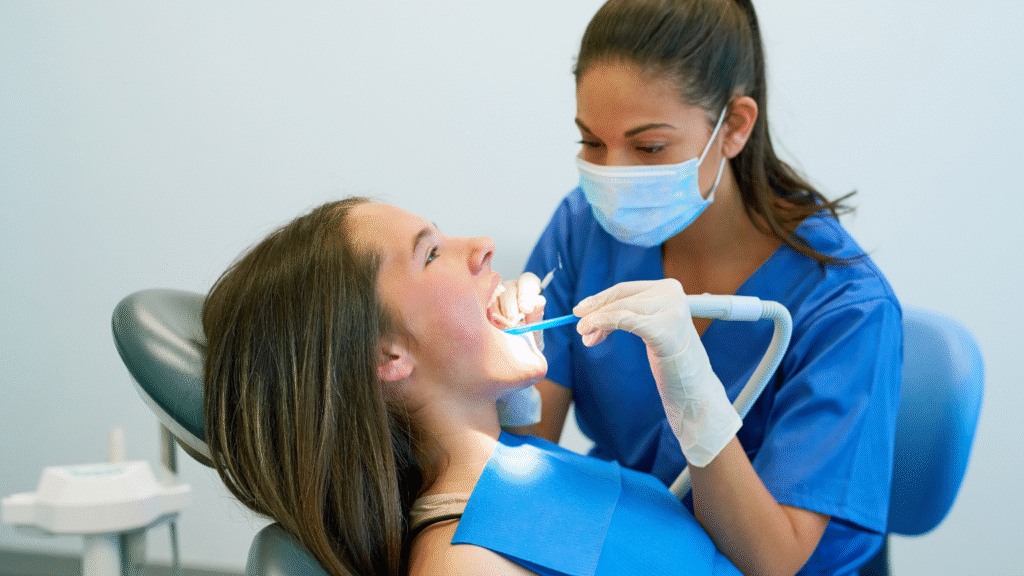
Diseases Caused by Bacterial Plaque
The unchecked buildup of plaque and tartar can trigger a series of significant oral health problems. If left untreated, these issues can progress from minor annoyances to serious conditions, potentially leading to the loss of your teeth. Understanding these risks is the first step toward protecting your smile.
Cavities: The bacteria in plaque feed on the sugars you consume, producing acids that are strong enough to wear down your tooth enamel. This process creates tiny holes in your teeth, which we know as cavities. A common mistake is waiting for pain to signal a problem. In their early stages, cavities often don’t hurt, making regular checkups a crucial tool for early detection.
Gingivitis: When plaque accumulates along the gum line, it irritates your gums, leading to inflammation, redness, and swelling. This initial stage of gum disease, called gingivitis, often causes your gums to bleed easily when you brush or floss. While this condition is reversible with proper care, ignoring these symptoms allows it to worsen.
Periodontitis: If gingivitis is left untreated, the infection can spread and progress into a more severe and irreversible form of gum disease known as periodontitis. At this advanced stage, the bacteria start to destroy the bone and tissues that hold your teeth in place. As the support structure weakens, your teeth may become loose, shift, and eventually fall out.
Halitosis (Bad Breath): The presence of bacteria in plaque is a primary cause of persistent bad breath. These bacteria release foul-smelling compounds that regular brushing can’t completely eliminate. Fighting this common problem requires consistent plaque removal through a proper oral hygiene routine.
How to Prevent and Control Dental Plaque
Controlling plaque is a daily effort that requires a consistent hygiene routine. Follow these tips to keep your mouth healthy:
- Master the Art of Thorough Brushing: This is the most crucial step. Brush your teeth at least twice a day, especially after meals, for a full two minutes each time. Be sure to use a soft-bristled brush and fluoride toothpaste. Don’t just scrub—use a proper technique. Angle the bristles toward the gum line and use short, gentle, circular motions to clean all surfaces of your teeth.
- Don’t Skip the Floss: Your toothbrush can’t reach the tight spaces between your teeth or below the gum line where plaque loves to hide. That’s why daily flossing is non-negotiable. It’s the only way to effectively remove food particles and plaque from these areas, preventing cavities and gum disease from taking hold.
- Mind Your Diet: The bacteria in plaque thrive on sugars and carbohydrates. By limiting your consumption of sugary drinks, candies, and starchy foods, you can literally starve the bacteria, reducing the amount of plaque they can produce. Instead, opt for a balanced diet rich in fruits, vegetables, and lean proteins, which are great for your overall health and your smile.
Regular Dental Visits: There is no substitute for a professional dental cleaning. Regular visits to Professional Dental in Utah (at least once or twice a year) allow us to remove plaque and tartar that your toothbrush can’t reach and detect problems early on.
Protect your health. Protect your smile.
Prevention is always the best medicine. Maintaining a solid oral hygiene routine, combined with regular check-ups, is the key to a healthy, long-lasting smile. Call us today to schedule your next appointment!

